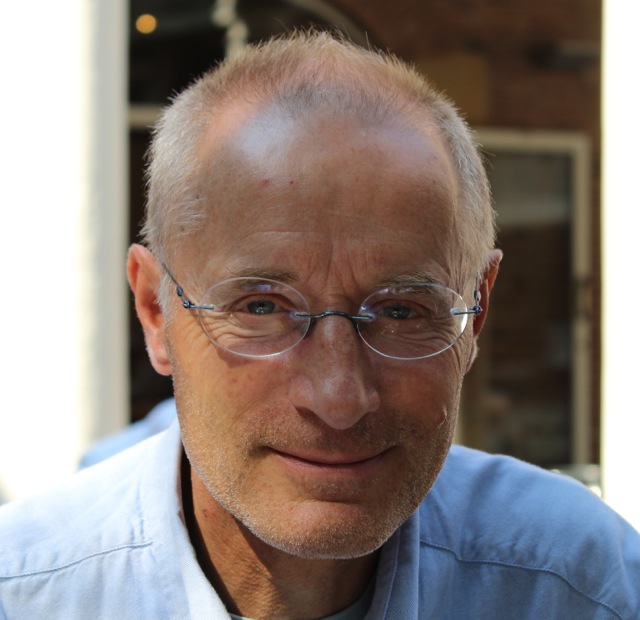
EM Prof Stan Van Den Berg PhD, MSc eng
Professor School of Environmental Sciences
- Work email Vandenberg@liverpool.ac.uk
- Personal Websitehttp://pcwww.liv.ac.uk/~sn35/Site/Welcome.html
- About
- Research
- Publications
- Teaching
Research
Research Interest 1
Metal speciation in the marine or freshwater environment. Availability of metal species to microorganisms.
Development of sensors for the detection of metals in natural waters.
Research necessity: development of methods to determine the chemical speciation of metals in seawater.
Current research aimed at identification of what ligands are responsible for complexation of iron in the marine system. Voltammetric is used to detect iron-humic species (whether terrestrial or from marine origin) directly in seawater without the need for prior separation. Similarly copper binding thiols have been detected in seawater and are found to be wide spread.
Research Grants
Iron in the marine environment (IRON AGES).
EUROPEAN COMMISSION
April 2000 - September 2003
Organic matter and metals in the Rhine (COMET).
EUROPEAN COMMISSION
April 2000 - March 2003
European Mountain Lake Ecosystems: regionalisation, diagnostics and socio-economic evaluation (EMERGE).
EUROPEAN COMMISSION
February 2000 - January 2003
Nature of copper and iron complexing ligands in the marine system
ROYAL SOCIETY (CHARITABLE)
January 2014 - December 2015
Iron speciation in seawater.
NATURAL ENVIRONMENT RESEARCH COUNCIL
August 2004 - August 2007
Voltammetric Determination of Metal Speciation in Natural Waters (SPECIATION).
EUROPEAN COMMISSION
September 2002 - December 2005
Development of sustainable and cost effective water quality management technology for the aquaculture industry
EUROPEAN COMMISSION
January 2013 - February 2015
Electroanalysis of Metals and Sufide in Natural Waters Using Microelectrodes (ELECTROSPEC).
EUROPEAN COMMISSION
August 2002 - January 2007
Development of micro-benthic chamber with built-in micro-sensors.
LEVERHULME TRUST (UK)
December 2004 - December 2007
Research Collaborations
Pascal Salaun
Internal
Pascal is an EPSRC Research Fellow who is working in my lab. We are collaborating in research and through co-supervision of PhD students